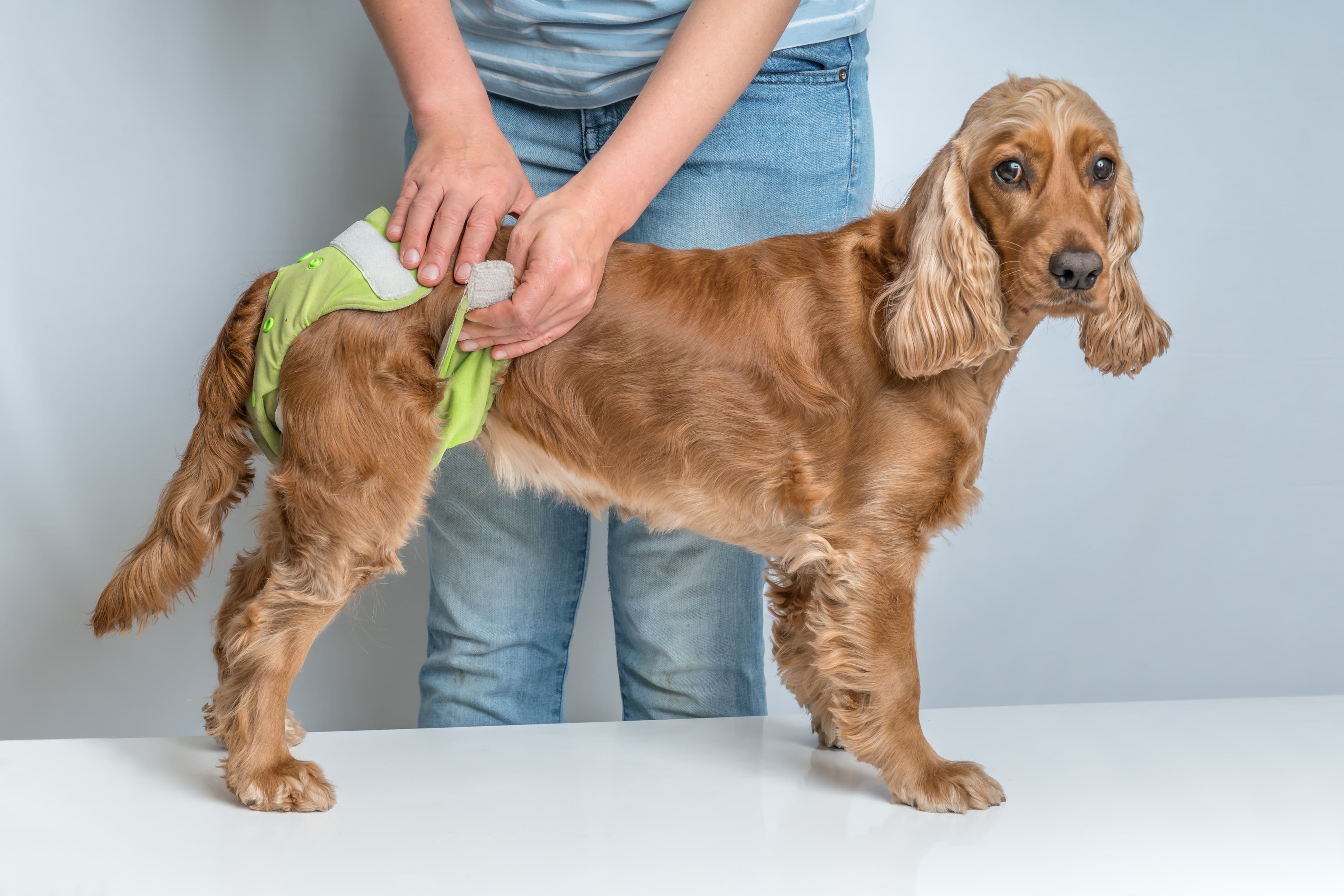Protecting your dog from leptospirosis
Leptospira is a bacterium that can infect dogs, humans and other animals. It thrives in warm, humid climates but can also be found in dogs in the UK. While an infection often causes no or mild symptoms, it can lead to serious illness in some cases. As a pet owner, it’s important to be aware of this disease.
What is leptospirosis?
Leptospira bacteria are found worldwide. They thrive best in temperatures between 15-25°C, making them more common abroad. Dogs are often infected indirectly through their environment, particularly through contact with rodents. Infected animals excrete the bacteria in their urine, and transmission can occur via stagnant water. Direct infection between animals is also possible through bites or if a dog eats an infected animal, such as a rat or mouse. This disease is a zoonosis, meaning it can be transmitted to humans.
What symptoms does the dog get?
The symptoms and their severity depend on the amount of bacteria ingested and the dog's immune system. Usually, the bacteria cause only mild or no symptoms. However, dogs can develop more serious infections, potentially leading to life-threatening conditions with liver and kidney damage. Symptoms may include fever, vomiting, jaundice, blood in the urine or faeces, and reluctance to move.
Treatment
Leptospirosis is treated with antibiotics and supportive care to manage symptoms. Dogs with severe illness may require hospitalisation for intensive treatment.
Vaccination
In many parts of the UK, regular vaccination against leptospirosis is not standard. However, your vet may recommend it if there are known outbreaks in your area. Vaccination doesn't provide complete protection, as vaccinated dogs can still contract and spread the bacteria. However, it significantly reduces the risk of severe illness.
If you are travelling abroad with your dog, consider vaccinating them against leptospirosis before you leave. A primary course usually involves two injections a month apart, so plan ahead. You are responsible for researching vaccination recommendations in your destination country.
If you are travelling abroad with your dog, it may be a good idea to vaccinate your dog against leptospirosis before you leave. Remember that a basic vaccination against leptospirosis involves two injections at one-month intervals, so make sure you are out well in advance of your trip. The onus is on you as a pet owner to find out what vaccinations are recommended in the country you are travelling to.
Prevent infection
Ask your vet about recommended vaccinations for your dog
If you are travelling abroad:
- Check vaccination recommendations for your destination country
- Try to prevent your dog from drinking from stagnant water
Learn more about leptospirosis in dogs on the SVA website.
For more information on leptospirosis in humans, please visit the UK Health Security Agency's website or on the website of or the website of the .






